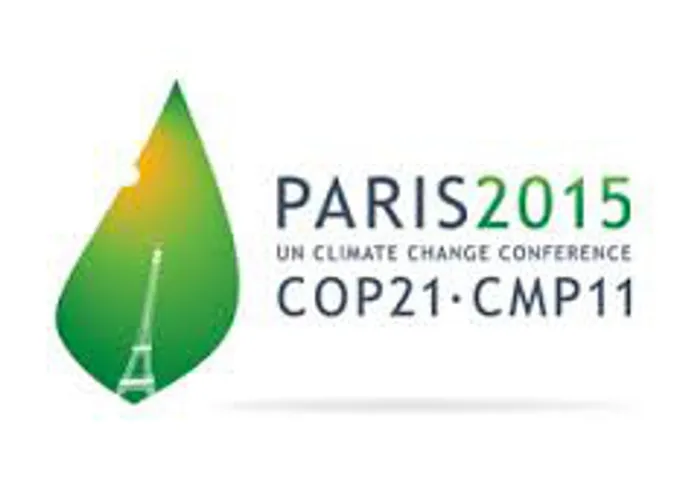
Environment Writer
CIVIC organisations told MPs of the disconnect between the commitments South Africa will make at the UN’s COP21 in Paris and the reality of the government’s carbon intensive decisions taken at home.
This was one of the themes in the submissions made by environmental and civic groups which responded to a call from the environment portfolio committee for public input into the government’s intended commitments it will table in Paris.
Nicole Löser, of the Centre for Environmental Rights, told parliamentarians South Africa was taking decisions – particularly about energy – which would make it impossible to meet targets to combat climate change.
Government was going ahead with coal-fired power stations, which directly contradicted an effective response to climate change. It was constructing two enormous coal power stations and at least nine private sector coal projects were in the pipeline.
“It is clear South Africa is operating at cross purposes, expressing international and domestic commitments to fight climate change while simultaneously making decisions which completely defeat these objectives,” she said.
Earthlife Africa’s Tristen Taylor said South Africa’s “supposed commitments” to combating climate change in effect meant it would continue business as usual with the same industrial policy.
Bobby Peek, director of groundWork, said South Africa needed to summon the political will to move towards a clean energy system.
“Climate change is already upon us and while some serious damage is now unavoidable, certain losses can still be reduced in the short term.”
The Southern African Faith Communities’ Environment Institute said South Africa could play a pivotal role in unblocking barriers that have dogged finalising a binding international climate change agreement.
Spokesperson Liziwe McDaid said South Africa needed to own up to the fact that our historical carbon emissions were way above the rest of Africa, and to take extra measures to cut emissions above those required by the rest of Africa.
She said within South Africa’s “intended national determined contributions” – the climate change combating commitments the government will put on the table in Paris – it appeared that most of the commitments were dependent on others agreeing.
“This can lead to a stalemate where no one does anything. Such a conditional commitment is neither in South Africa’s nor the rest of Africa’s interest,” McDaid said.
Portfolio committee chairperson Jackson Mthembu said yesterday the submissions had been characterised by “very earnest and robust debate”.
“The majority of submissions recognised that the best way to decrease greenhouse gas emissions was by stopping dependence of the country’s energy generation on coal resources. There was also a unanimous call for the country to move away from fossil fuel as a source of energy to renewables,” he said.